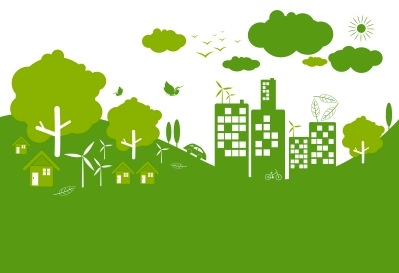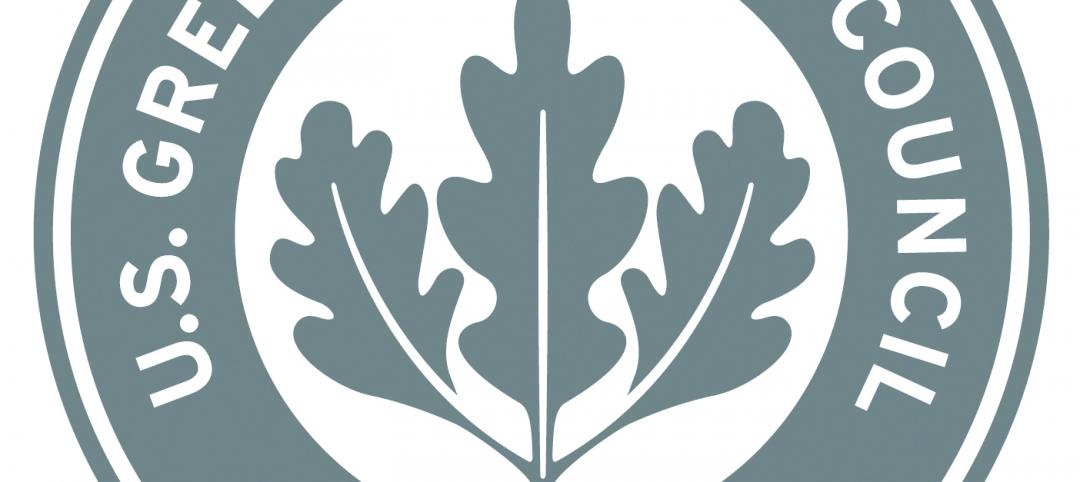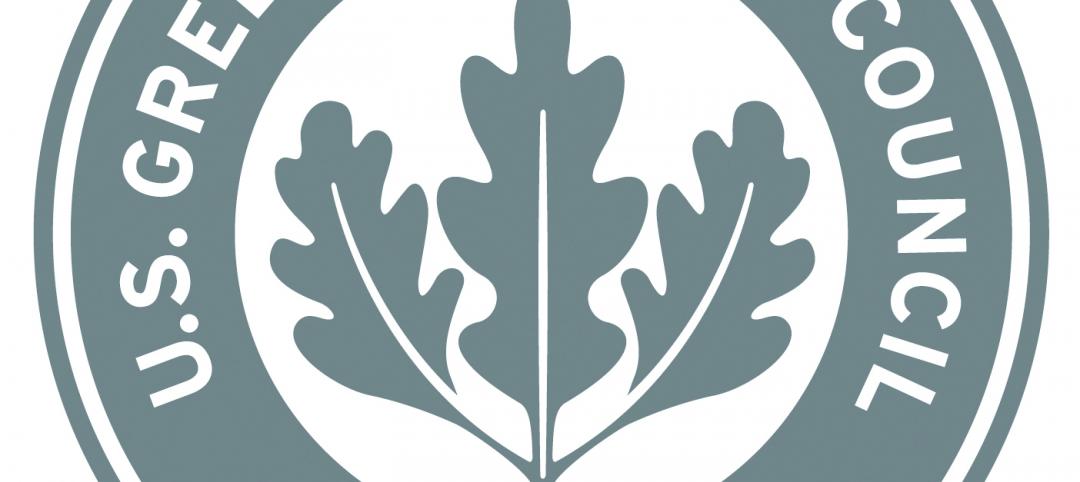The newly revised ANSI/ASHRAE Standard 105-2014, Standard Methods of Determining, Expressing, and Comparing Building Energy Performance and Greenhouse Gas Emissions, is intended to provide consistency in reporting the energy performance of existing or proposed buildings.
The standard answers such questions as: Should the measurements of a building’s area used in the equation to derive energy use per square foot be taken from the exterior dimensions or to the centerline of the wall? And, should storage spaces be included even though they are unoccupied?
“A standard method of measurement is needed to compare one building’s energy use to another,” says Keith Emerson chair of the Standard 105 committee. “For instance, comparing one building’s summer energy use to another building's winter use would be comparing apples and oranges.”
The standard provides a common basis for reporting building energy use in delivered energy forms and expressions of energy performance, and for comparing energy performance in terms of energy resources used and greenhouse gas emissions created—both across buildings and for energy efficiency measures within buildings. It also provides guidelines for comparing design options.
“To keep the standard flexible, a number of decisions are left to those who adopt it, including what should be calculated beyond site energy and the multipliers for those additional calculations,” Emerson said.
Related Stories
| Mar 8, 2012
Federal silica dust rule caught in bureaucratic limbo
A federal rule meant to protect the lungs of workers has been caught in bureaucratic purgatory for more than a year.
| Mar 8, 2012
New LEED-EBOM rating has requirements for specific project types
Several key changes are proposed for the LEED-EBOM Rating System in 2012.
| Mar 8, 2012
Green buildings more resilient than conventionally built structures
A new study by the U.S. Green Building Council (USGBC) and the University of Michigan’s Taubman College of Architecture and Urban Planning suggests that structures built to green standards can advance building resiliency.
| Mar 1, 2012
LEED Platinum standard likely to mean net-zero energy by 2018
As LEED standards continue to rise, the top level, LEED Platinum, will likely mean net-zero energy construction by 2018.
| Mar 1, 2012
EPA beefs up stormwater discharge rule from construction projects
The U.S. Environmental Protection Agency (EPA) has now finalized its 2012 construction general permit (CGP) that authorizes stormwater discharges from construction projects that disturb one or more acres of land in the areas where EPA is the permitting authority.
| Mar 1, 2012
Regulators investigate structural failures during construction of two Ohio casinos
Regulators with the Occupational Safety & Health Administration and the city of Cincinnati are investigatingthe collapse of the second floor of Cincinnati's Horseshoe Casino as workers were pouring concrete.
| Mar 1, 2012
Is your project too small for LEED? Consider other green standards
There are many other recognized national, state and local programs that offer a variety of best management practices and sustainable design, construction and operating strategies.
| Mar 1, 2012
California bill aims to cut costs for commercial building energy retrofits
A bill in the California Assembly would allow the state to pool together property owners’ energy-retrofit loans.
| Feb 29, 2012
Carvalho appointed Shawmut Safety Director
He has been a driving force behind multiple safety-orientated initiatives at Shawmut, including Safety Week, the creation of an online safety manual, and the implementation of a new safety reporting and tracking system.
















